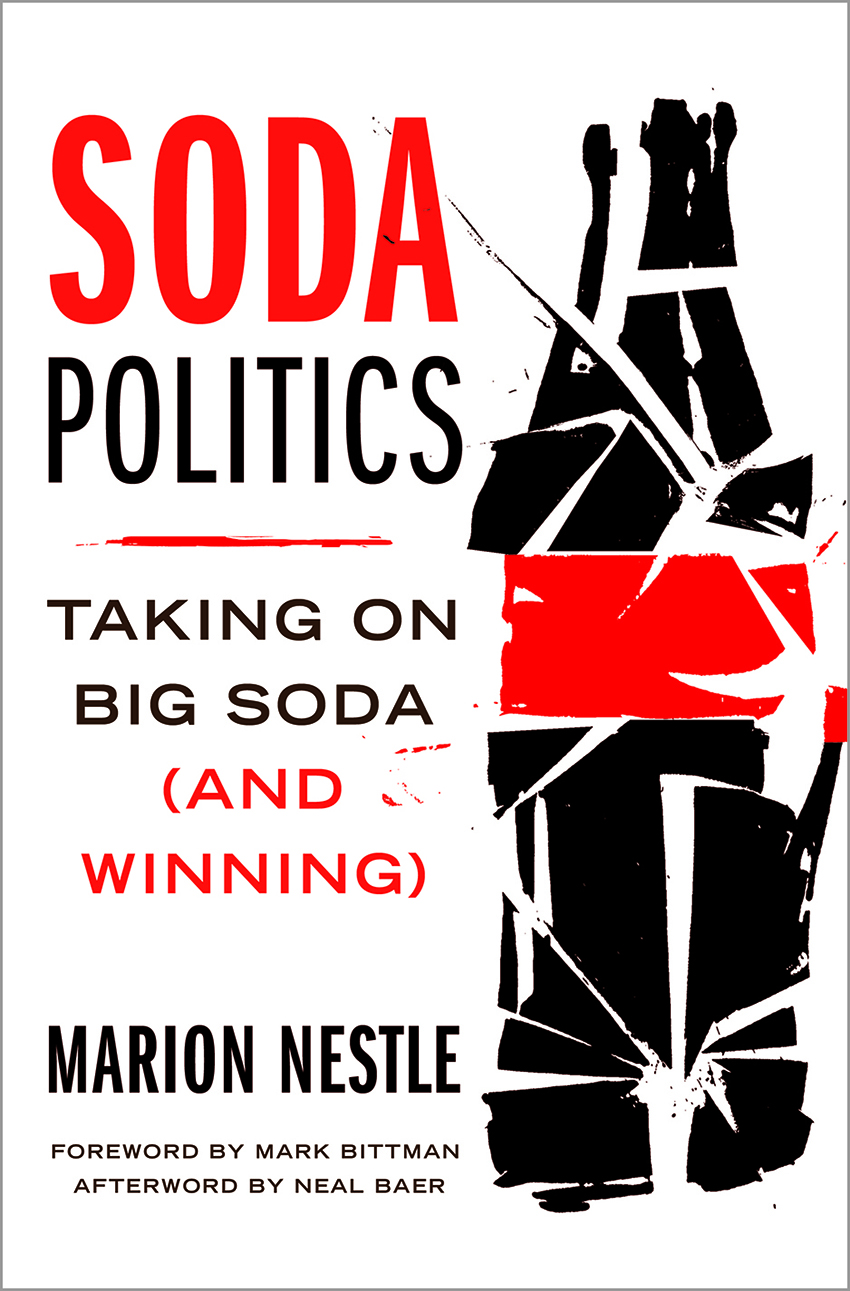Q&A: Nutriton Expert Marion Nestle

Marion Nestle. Photo by Bill Hayes, provided.
Marion Nestle knows food.
In addition to serving as a professor in New York University’s Department of Nutrition, Food Studies, and Public Policy, Nestle has authored seven widely-renowned books on topics ranging from food politics to what calories are and why they matter. This weekend, the former Brandeis postdoc and professor is back in town to talk about her latest book, Soda Politics: Taking on Big Soda (and Winning), at the Let’s Talk About Food Festival in Copley Square.
We caught up with Nestle before her appearance to talk about soda, food advocacy, and why diets really aren’t that hard to follow.
What made you want to write about the soda industry?
Many, many books have been written about aspects of the soda industry, but nobody really talked about the advocacy piece. What I tried to do in this book was describe the entire landscape occupied by the soda industry, and all of the different places in which advocates are pushing back on it. There’s advocacy to try to reduce tooth decay, to get soda companies to stop marketing to children, to curtail what they’re doing in developing countries, to make them clean up the environmental mess that they make, to lower their carbon footprint, and to put caps on the sizes. It turned out to be quite a large book—I was surprised! Although there’s lots of pictures, so that makes it a little easier.
Is that level of advocacy pretty unique to the soda industry?
I’m hoping it will spread; that was another reason for writing [this book]. We’re in the middle of a food movement now, where extraordinary numbers of people in the United States are working on improving the food system to make it healthier and to make it more environmentally friendly. I’m hoping that soda will stand for a much, much wider opportunity for advocacy for food issues.
Which industries do you think need more advocacy?
I want people to eat more healthfully, so I want the government to support production of fruits and vegetables to lower their cost, so people can afford to buy them. I want to see much healthier, more delicious food in schools. I’d like to see workplaces have healthier food. I’d like to see agriculture pay much more attention to its environmental impact. The range of issues around food and nutrition is enormous, and all of them need work.
Why is there more awareness about the dangers of drinking soda now?
Well, that’s health advocacy. As childhood obesity became a big problem, everyone started looking at, what are kids doing that’s making them put on excess weight? One of the obvious things was, they’re drinking more sodas. They started doing correlational studies that showed a really big correlation between drinking soda and poor diets and childhood obesity. As those studies expanded, you could link soda drinking to type 2 diabetes, you could link it to heart disease risk, you could link it to everything for which obesity is a risk factor. There were studies done that showed when people went off sodas, they lost weight. As this evidence piled up, it became clear that the first line of defense against obesity in children and adults is to get them off sugar-sweetened drinks.
So why is soda so popular?
It’s made by companies that are a century old. Coca-Cola, in particular, is part of the American landscape. It is heavily advertised, and it is advertised in ways that are extraordinarily attractive. What you’re being advertised is that people who drink soda are beautiful, they’re fun, they sing gorgeously, they’re fabulous sports figures.
Aside from avoiding soda, what’s your best nutrition advice?
I think diets are easy. You eat plenty of fruits and vegetables, you don’t eat too much junk food, and you don’t over-eat calories. Diets all over the world are capable of supporting good health and longevity, and they’re very, very different. You look at the traditional diets in Japan and compare them to the traditional diet in Southern Italy, they’re really different. And yet both are capable of supporting very long and healthy lives. That tells you that it’s possible to put together combinations of foods that you really love eating that are going to promote health, but it means eating real food and not processed food.
This interview has been edited and condensed.

Nestle’s latest book, released this week.


